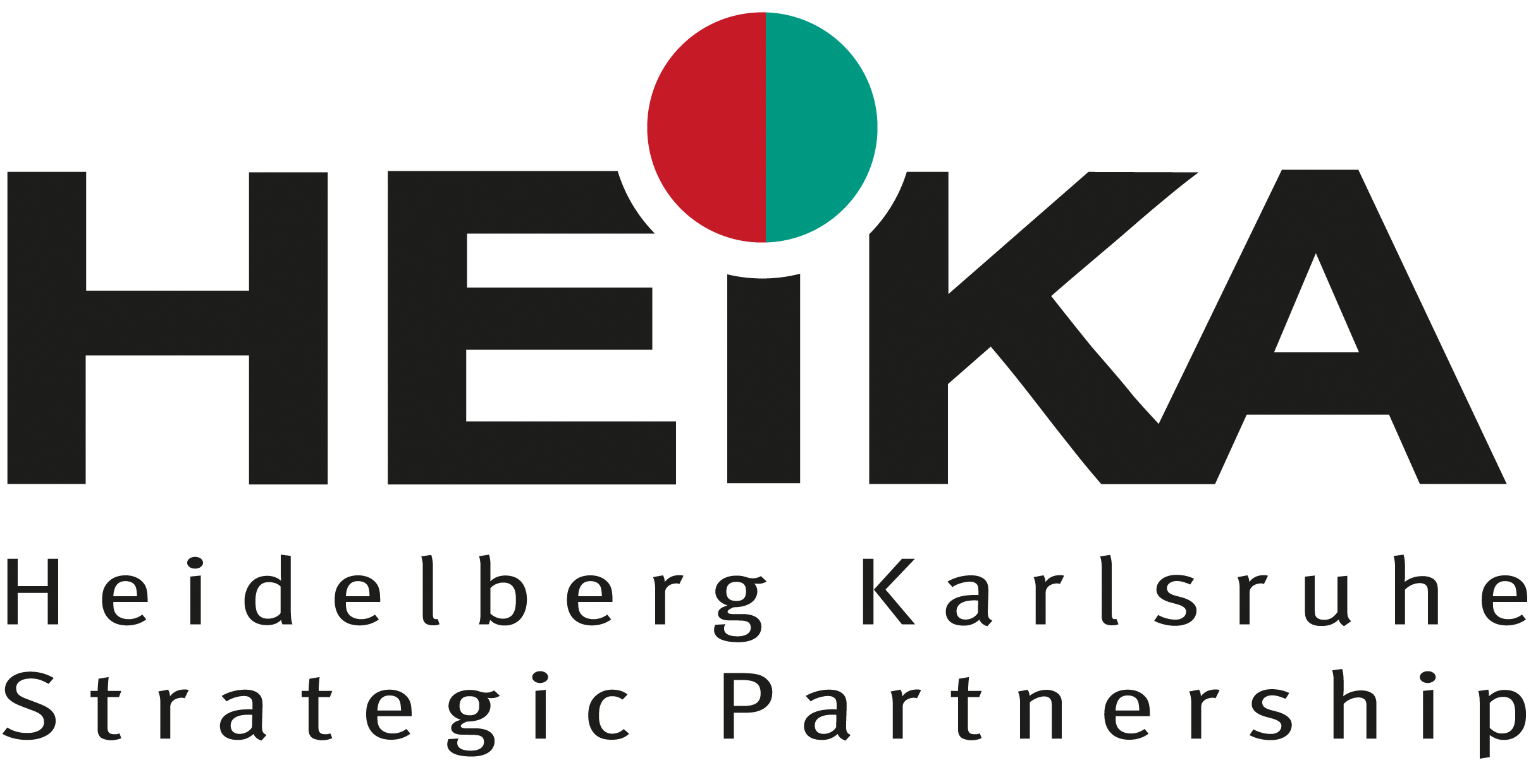Previous research has demonstrated that interpersonal touch among humans has positive effects on physical and mental health, attributed to a sense of belonging. In medical settings, touch is a well-established method to alleviate anxiety and stress, but with the increased use of robots in healthcare, it is crucial to understand whether robotic touch can replicate these benefits. The proposed project explores the impact of human-robot interaction, particularly touch, on well-being, stress reduction, and healthcare applications focusing on humanoid robots in geriatric healthcare. To achieve successful physical-social human-robot interaction (psHRI), robots must possess advanced motion intelligence to predict and interpret human actions while making patients feel comfortable and safe.
The research aims to determine under what conditions robotic touch can elicit similar positive effects as human touch. Factors such as personal characteristics, situational context, and the quality of touch are examined. The project will systematically compare different types of touches (stroking, massage, holding) delivered by a humanoid robot to participants with varying levels of technical experience, health impairments, and medical contexts. The TIAGO Pro robot will be used for experiments, based on its stability and safety for patients. The outcomes will be assessed through self-reports from patients and measurements of salivary cortisol and oxytocin levels.
Based on the results we plan a joint application for funding to an external funding source on how robotic touch needs to be designed to be perceived as trustful, reliable and stress-relieving in the medical setting and to contribute to the understanding of how robots can provide touch-based interventions in healthcare settings, potentially improving patient well-being and addressing personnel shortages.

